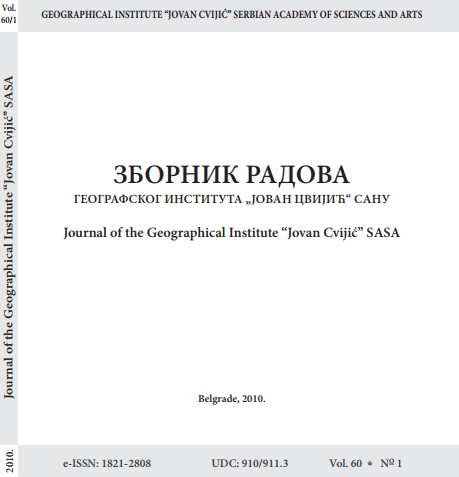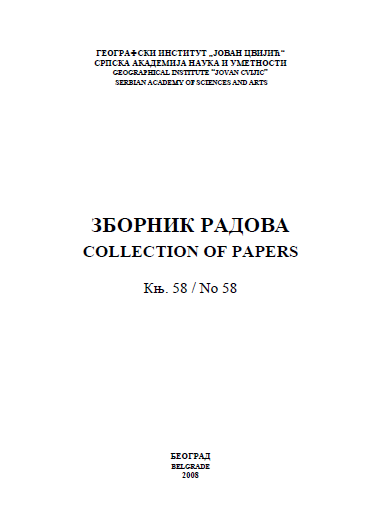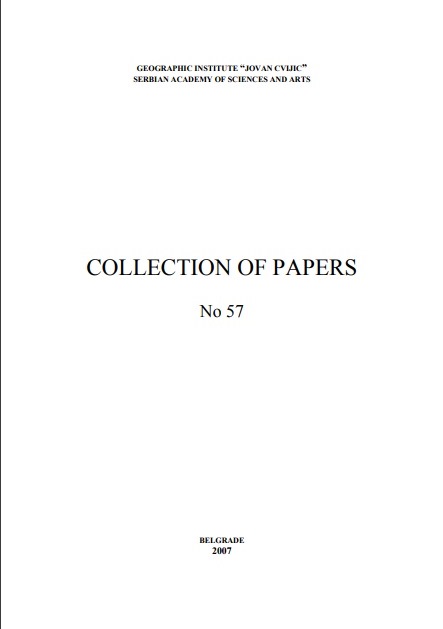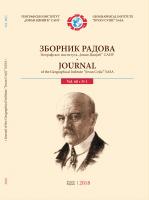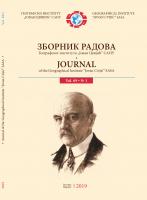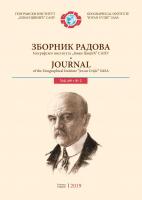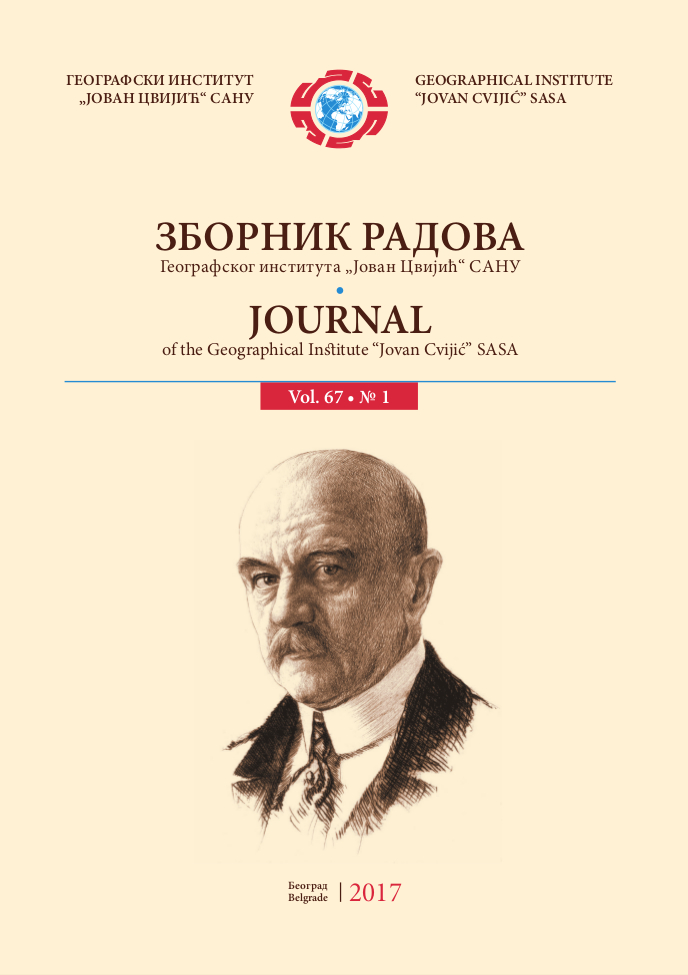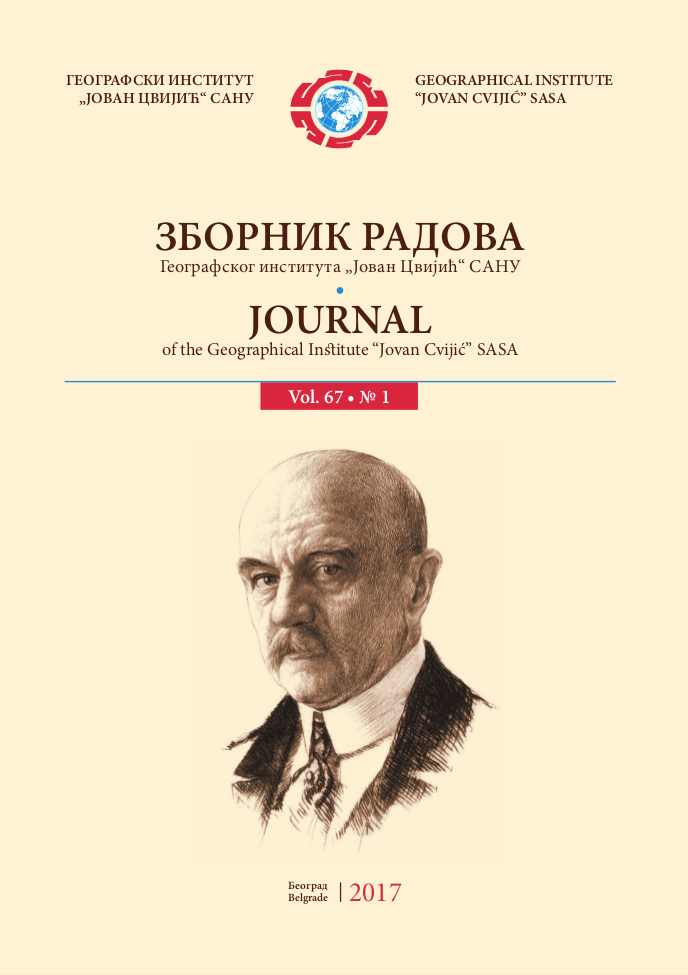
Asterism and Constellation: Terminological Dilemmas
In contemporary astronomical literature, there is no uniform definition of the term asterism. This inconsistency is the consequence of differences between the traditional understanding of the term constellation, from the standpoint of the naked eye astronomy, and its contemporary understanding from the standpoint of the International Astronomical Union. A traditional constellation is a recognizable star configuration with a well-established name, whereas the International Astronomical Union defines a constellation as an exactly defined sector of the cosmic space that belongs to a particular traditional constellation. Asterism is a lower rank term in comparison to constellation, and as such it may not denote a whole traditional constellation, as these terms would become synonymous and parts of constellations would become “asterisms of asterisms“. Similarly, asterism cannot define a macro configuration composed of the brightest stars in more constellations, thus, the Summer Triangle and other sky polygons are not asterisms. Therefore, asterisms are neither constellations nor sky polygons, but the third – easily recognizable parts of traditional constellations with historically well-established names, including separate groups of smaller stars that belong to star clusters (autonomous asterisms). Forms and names of asterisms may or may not be consistent with the parent constellation, and accordingly asterisms can be divided into compatible and incompatible. If asterisms have outlived the exact division of the celestial sphere and remained irreplaceable celestial landmarks in the naked eye astronomy, then it is high time for the International Astronomical Union to agree on the definition of asterism and to compile their official list.
More...
